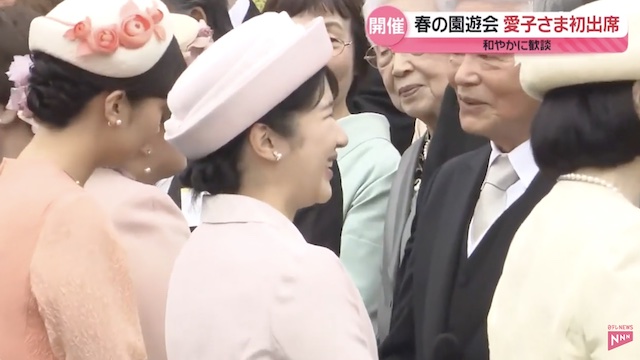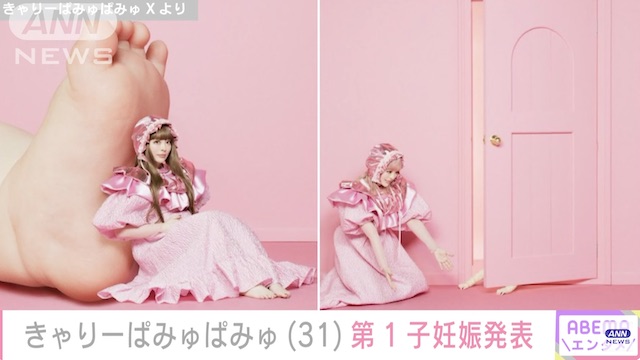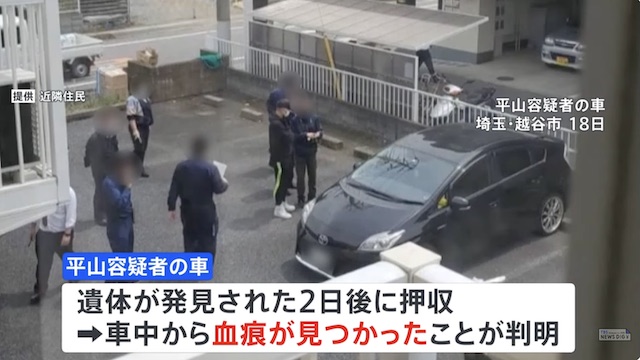Mar 24 (newsonjapan.com) - Japan is one of the most technologically advanced countries not only in Asia but across the globe, making it an excellent option for global expansion.
Its Asian location serves as the perfect gateway to markets across the continent and its highly skilled workforce offers a wealth of opportunities for growing a business of any kind.
But even if you only plan to conquer the Japanese market, you’re already aiming high. Japan is already one of the largest markets across the globe, competing with giants like China and the United States. If your business targets high end clientele, Japan may be the ideal destination, with its high quality of life and taste for the finer things.
Hosting the upcoming Olympic Games is another indicator of Japan’s international clout. It also helps that the government in Japan is extremely stable, making it easier to plan an expansion compared to less developed countries known for political volatility.
But before opening a business in Japan and hiring employees locally, there are several employment facts to consider carefully. Like every country, Japan has its unique laws and procedures. The more you know in advance, the smoother the expansion process will go.
Calculating Real Employment Costs
One of the challenges of hiring abroad is the difficulty in calculating the true costs of international employees. The salary figures are just the beginning. Then there are layers of taxes. In Japan, employer payroll tax can reach nearly 25% of the employee’s salary.
Those taxes are distributed among the various social institutions in Japan. They include a mandatory 9.5% for pensions, as much as 5.8% for health insurance, 0.6% for unemployment insurance, a small percentage for family allowance and even as much as 8.8% for insurance for work injuries (depending on the risk level of the business; the insurance can go as low as 0.25% for very low risk work)
Understanding the social security structure in Japan is a good beginning for understand the costs of hiring. It’s also a good idea to be familiar with the range of labor laws in the country. That could save costs on several levels. One is the actual cost of doing business, because you’ll know what is required and what is optional when it comes to employment laws. The second level is avoiding the government fines that go with violating the law code, not to mention the damage to your company’s reputation.
A Most Generous Parental Leave
It has often been said that one could learn a great deal about the character of a country by looking at its labor laws. The levels of minimum wage and protection from exploitation by the government go a long way in showing the true values of the country, or at least its current priorities.
In Japan, one of the most striking labor laws in Japan others is the emphasis on granting fathers time with their newborn children. While Japan’s maternity leave policy – 14 weeks divided into six weeks before birth and eight weeks after birth – is on par or ahead of many western countries, the laws also grant fathers up to a year off to spend with their newborn. It is easily one of the longest periods of parental leave granted to fathers in the world. The fathers are paid 66% of their regular salary by the state.
It is also designed to combat some of the cultural norms in society, as demonstrated by the fact that only 3% of fathers actually take advantage of the opportunity. In a country with an aging population and a low birth rate, the culture expectation that women will care for infants appears deeply set.
Of course, you don’t have to worry about losing all the fathers for a year immediately after hiring them. The law requires that a father spend at least a year at the company before becoming eligible for parental leave.
Termination Can Be Difficult
It is also important to be aware of the termination process in Japan, which often results in a settlement between the employer and the employee and some form of compensation for the employee.
In Japan, an employee facing termination can challenge the decision and the employer must prove that there was a good reason to terminate the employee. Otherwise, the termination may be considered unjust, making the employee eligible for compensation.
Termination under any circumstances must include 30 days advance notice. The standard compensation agreement typically involves one month of pay for every year of employment. It is also standard practice to begin employment with a trial period that normally runs for three months, though it may legally be extended to six months.
In the event of layoffs, the employer must demonstrate that there was an effort made to avoid laying off workers, that there is a necessity to reduce the size of the workforce, that the workers chosen for layoff were selected deliberately, and that there was a process in place that included consultations with the employees and, if appropriate, labor unions.









